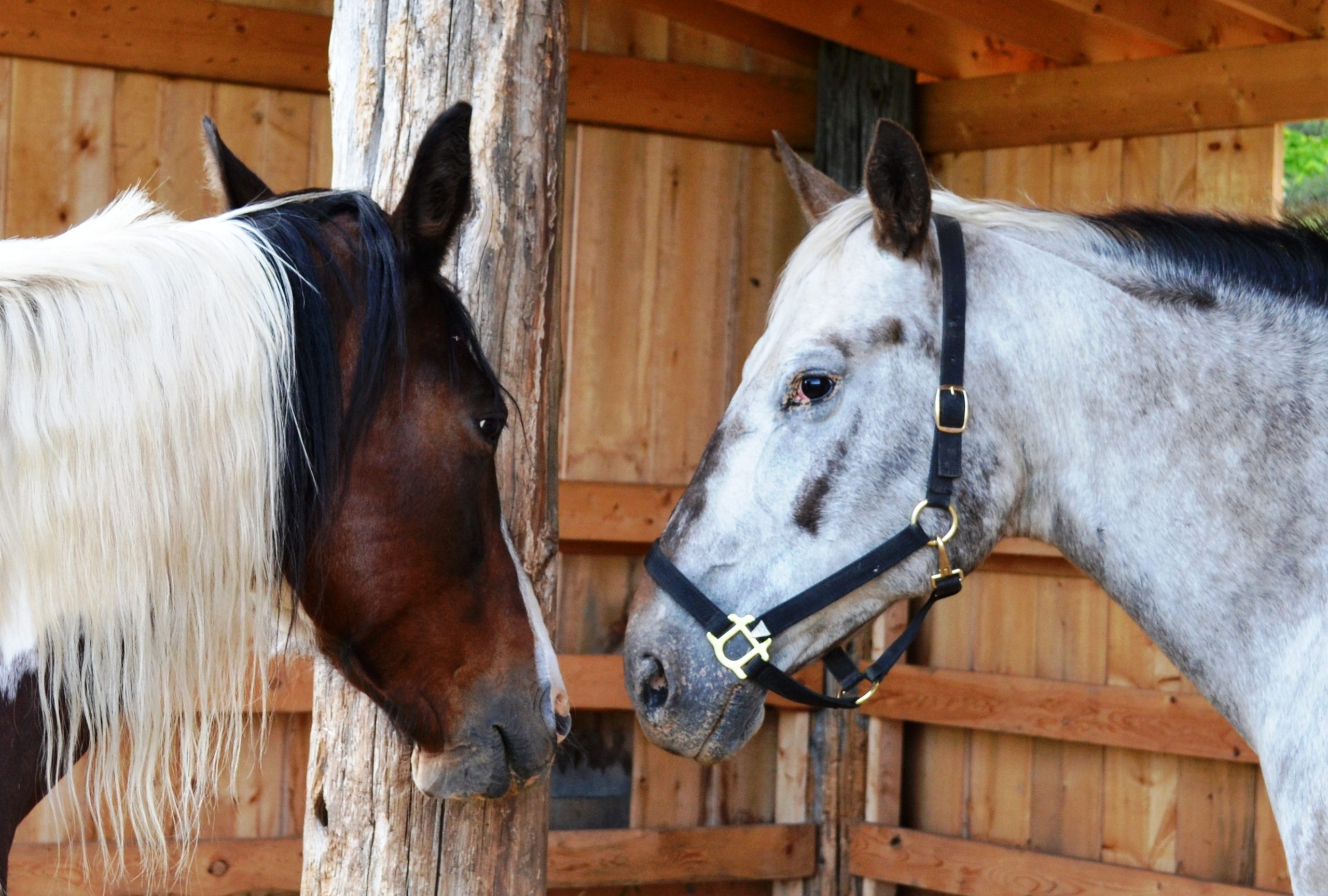I saw a post by Travis Bradberry, Author, The New Emotional Intelligence that got my attention. “Listening as a skill is lacking,” he writes. “Most people don’t listen to understand. They listen to reply (aka thinking of themselves). Emotionally intelligent people know that silence isn’t empty; it’s where real connection starts.”
Horses teach us about listening and being present. Having evolved as prey animals, they are always listening and paying attention to what’s happening in their environment and noticing who is in their environment. They are looking out for cues of safety and threat.
Bradberry suggests that as you work to improve your listening skills, keep these three things in mind:
- Listening is an emotional skill, not just a cognitive one.
- True listening happens when you tune into tone, pacing and silence, which are signals that reveal the emotional truth behind the words.
- Distraction often hides discomfort.
- People drift during conversations not only from lack of focus but because emotional honesty makes them uneasy. Awareness of that helps deepen empathy.
- The best listeners listen with their whole body.
- Eye contact, posture, and micro-expressions send non-verbal messages that shape how safe others feel opening up.
He shares that there are 5 levels of listening:
- Waiting to talk (Self-focused): You’re quiet, but only because you’re thinking about what you’ll say next.
- Hearing the Words (Distracted): You catch parts of the conversation, but your attention drifts.
- Understanding the Message (Focused): You’re tuned in. You hear not just the words, but what they mean. You’re listening to understand – not to reply.
- Recognizing Emotions (Empathetic): You go deeper. You sense their emotional state and recognize how they feel, not just what they say.
- Hearing What’s Unsaid (Fully present): You pick up on the deeper meaning , the things they struggle to express, and what they need you to hear.
What kind of listener are you?





